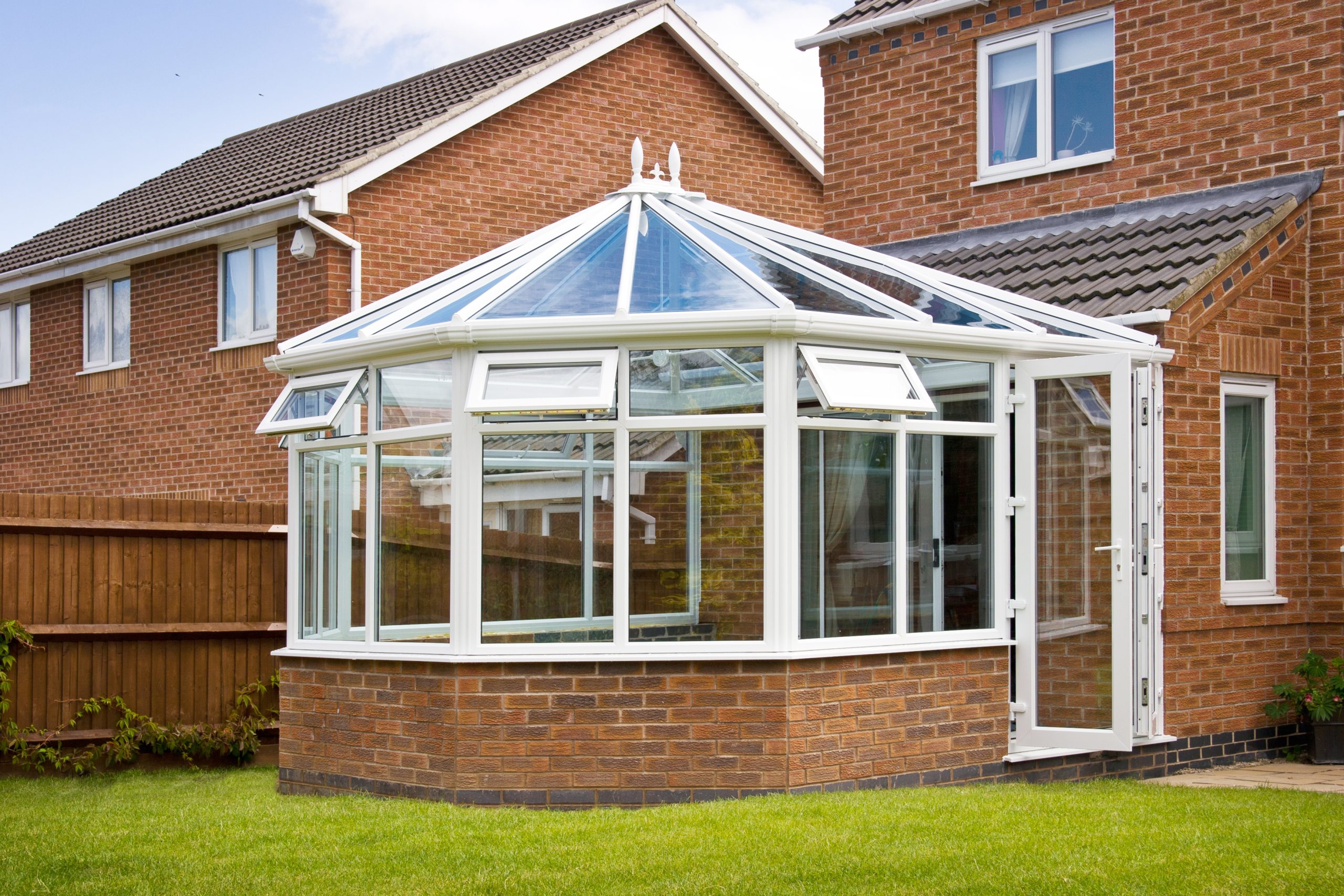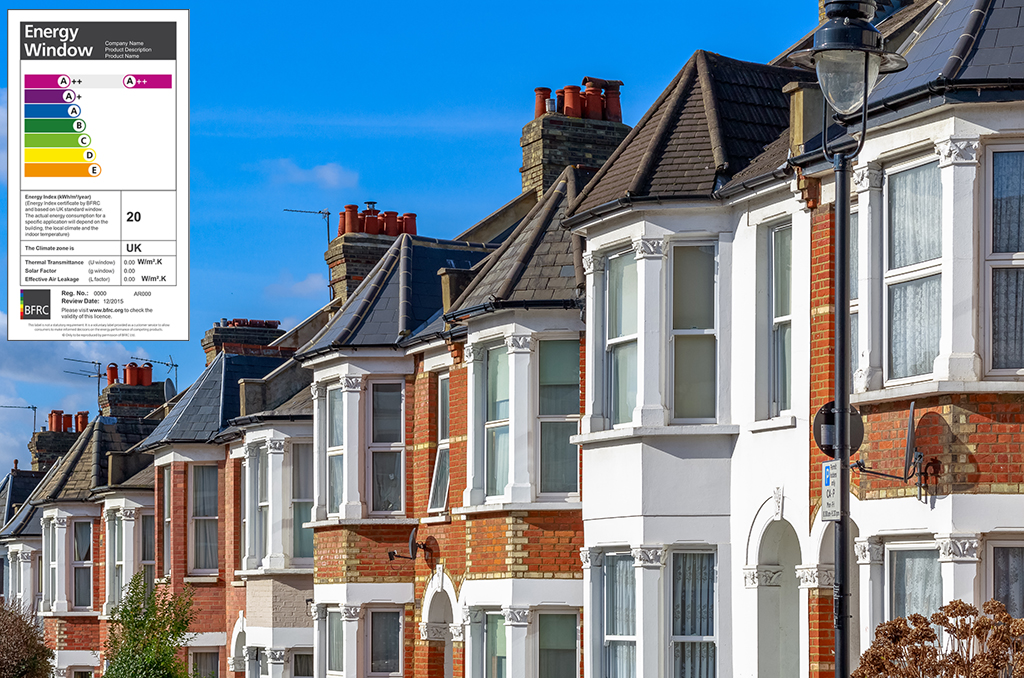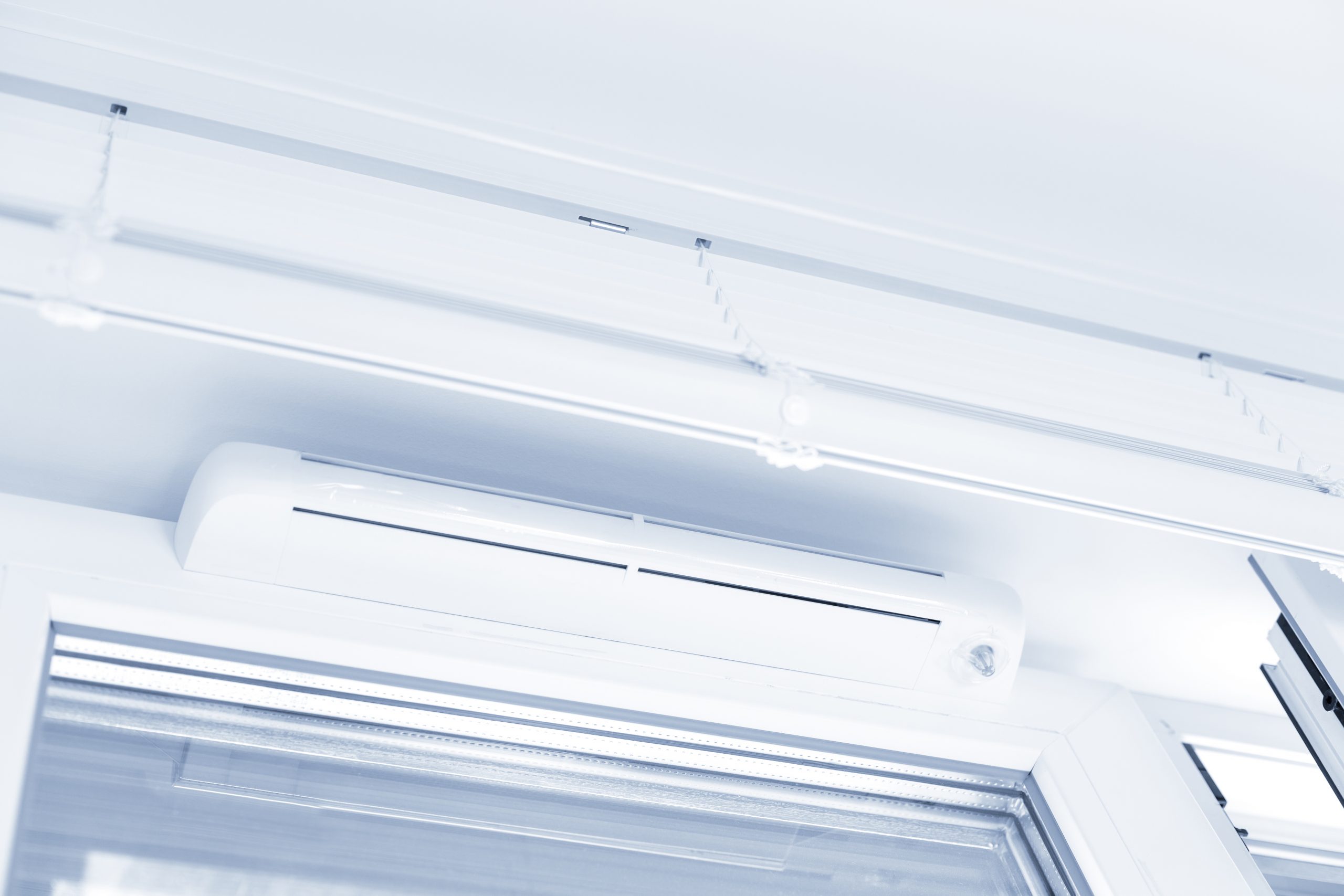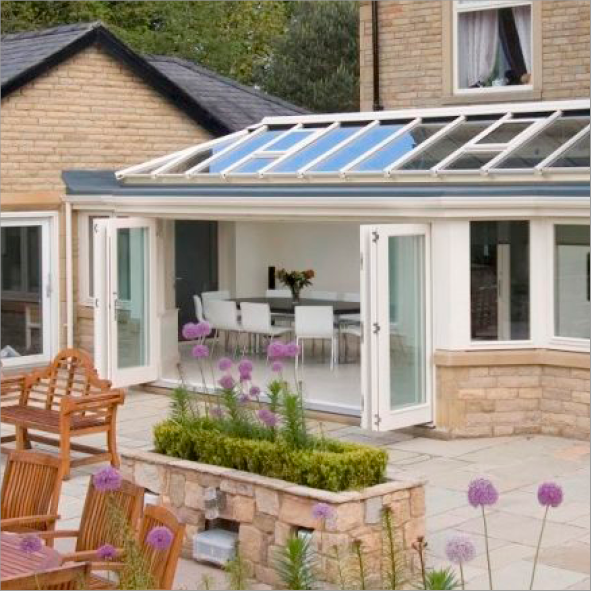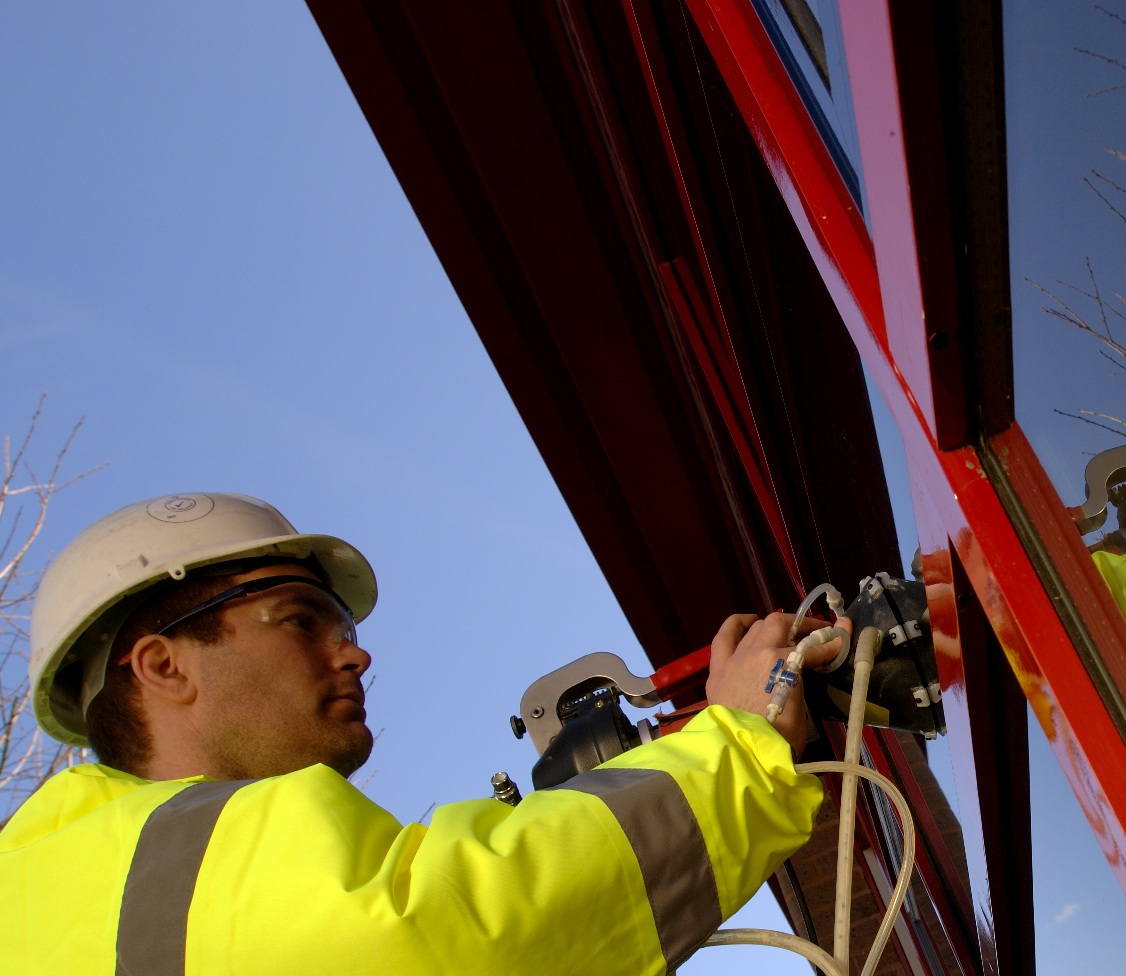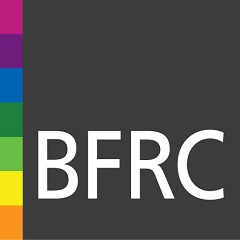Paying for your Home Improvement


When you have decided to go ahead with your home improvement, you should discuss and agree with the company you are employing, how and when you are going to pay for the work.
The following advice should help and protect you through the payment process.
Deposits
Many companies ask for a deposit before they start a job, mainly because they have to pay for materials and labour to produce the glazing products you have ordered. So be prepared to pay an average 20% of the full payment upfront as a deposit. You should always ask if a Deposit Indemnity Scheme is available to cover your deposit.
Before paying a deposit, you should ensure it is protected.
The home improvement and in particular the window and door industry used to have numerous Deposit Indemnity Schemes to cover deposits, but due to the COVID-19 outbreak, a number of insurance providers have now suspended or withdrawn deposit protection cover. So it could be extremely difficult to find any deposit protection for windows, doors, conservatories or any glazing related home improvements.
Protecting your deposit payment
In the absence of Deposit Indemnity Cover and to protect your deposit it is best to pay by credit which protects payments under Section 75 of the Consumer Credit Act.
If you pay by credit, you may be able to get your money back through your bank if something goes wrong, e.g. the contractor doesn’t turn up or goes bust and refuses to pay back your deposit. If this happens and you have paid over £100 via credit you can contact your bank and say you want to use the ‘chargeback’ scheme and you want to ‘make a section 75 claim’. The rules surrounding payments made by Debit Card are different and such mechanisms do not often provide recourse via Section 75. We would therefore always recommend speaking to your card issuer to establish what protection is available prior to making any advance payment on a contract.
Always ask for a receipt for any deposit paid and do not pay cash as your deposit will not be protected.
Deposits and Competent Persons Schemes
Whoever you employ to replace your windows and doors, if your property is in England and/or Wales you will have to register the installation through a company who is in a Competent Person Scheme (CPS) such as FENSA or through your local authority building control. Make sure you ask the company about your windows or doors being legally registered and at the end of the job make sure the company provides your FENSA certificate.
Historically Competent Person Schemes have had deposit warranty cover as a requirement of being a member of their scheme. Since the COVID-19 pandemic and with given the current situation around deposit warranty cover, Competent Person Schemes have suspended this requirement.
Payment Plan
Prior to signing the contract for your home improvement, it is advisable to have in writing, the payment plan and the timeframe and conditions around the payment. Most companies should have the payment conditions and timings in their Terms and Conditions of Contract. However, please check you are agreeable to them prior to signing. If there is anything in the contract that asks for cash payments then it is advisable not to sign it.
Pay in Stages
This is a good idea, particularly if it’s a big job because it means problems can be put right before you make the final payment. Be clear that you are satisfied with the work or if there are any problems when payments are due.
Next steps
The above advice is aimed to help you protect your payments when you are making improvements to your home. MyGlazing.com recommends you use companies who are members of the Glass and Glazing Federation (GGF), the industry’s leading trade body. GGF Member companies operate to the highest professional standards and to the GGF Consumer Code of Practice which has been approved by Chartered Trading Standards Institute.
To find your nearest GGF Members Company simply use the MyGlazing.com Find a Company Directory at the top of this page.

 Emergency Glaziers
Emergency Glaziers GGF Shop
GGF Shop MyGlazing.com
MyGlazing.com Find a GGF Member
Find a GGF Member
